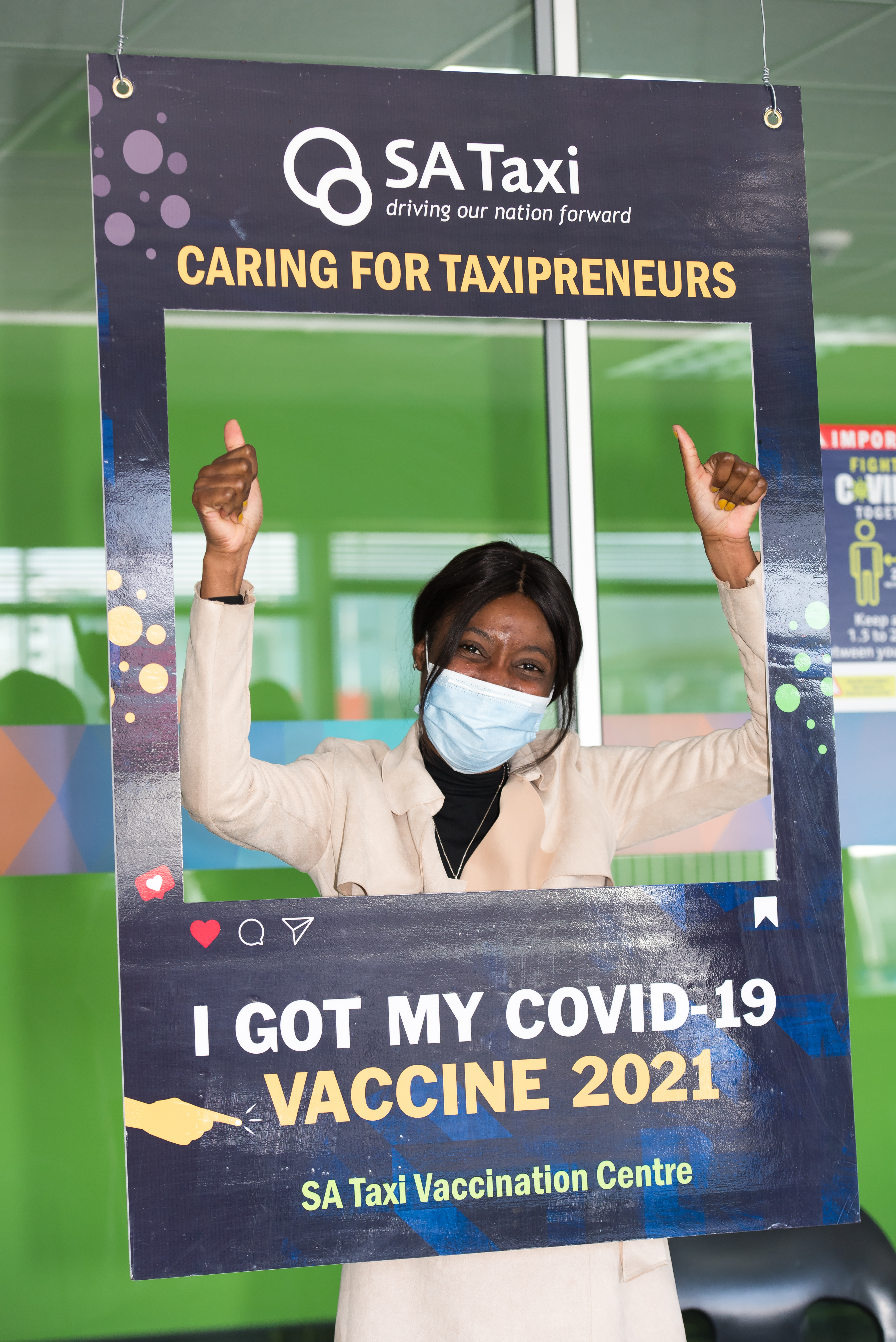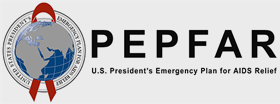GHSC-TA assisted SA Taxi with the required permits for the pop-up vaccination site and supported the supply and stock on hand to meet the sector's demand.
When reporting compliance at the vaccination site at the Midrand Occupational Health Clinic was adversely affected by technical challenges, GHSC-TA assisted SA Taxi to resume reporting on SVS COVID-19 which allowed for continued visibility of their stock holding to ensure that drivers receive their first and subsequent doses of COVID-19 vaccines. SA Taxi also received support with cold chain handling and addressing early challenges in the manual capturing of orders and aligning reporting administration of vaccines to members of medical aid schemes and those who use public health care services.
"We believe that by leveraging off this partnership, it was a great example of a successful private public working relationship". While the target was 24,000 vaccines, they reached 19,000, which is above 70 % of their target achieved.
Morreira is proud that collectively they achieved their purpose. "SA Taxi contributed to South Africa's call to achieve herd immunity, preventing ongoing transmission of Covid-19 and rebuilding our economy," she commented.
In addition to the taxi industry, other occupations including mineworkers and defense and police forces. Each industry presents an opportunity to tailor the process to ensure a seamless delivery to employees. Mobilizing all the provinces in this multi-sectoral campaign is required to increase vaccinations against COVID-19 among the key working population of South Africa.




